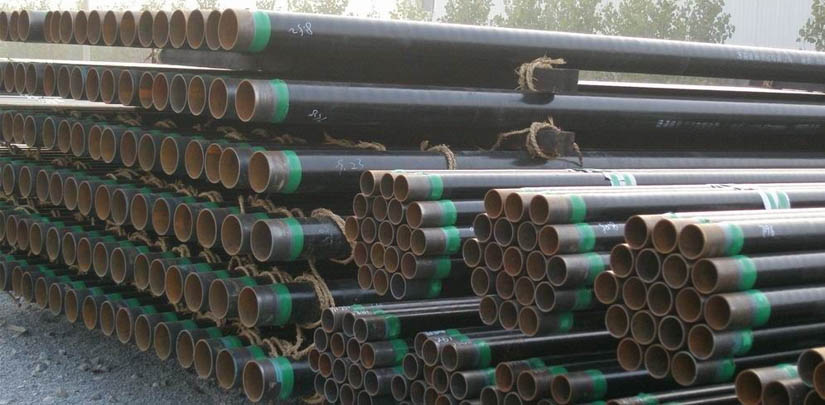PurohitPipes is the best Stainless steel Pipes exporter in India, Purohitpipes is the best stainless steel tube manufacturer in India. Pearlite Steel will continuously strive to attain and sustain Leading and Purohitpipes is largest manufacturer of Stainless Steel Pipes. This achievement will be accomplished by committed and well trained employee, Technical Excellence, Premium quality products and customer service to the maximum. Today’s we will explain Stainless Steel Pipe Applications in brief.
Grades: ASTM A312/ A358/A213 Gr. TP 304, 304L, 304H, 316, 316L, 310, 310S, 317, 317L, 321, 316Ti, 347 Etc
Stainless steel pipe applications:
Textile Machinery
Chemicals
Fertilizers
Dairy and Food Processing
Power Plants
Pesticides
Construction
Modern Architecture
Pharmaceuticals
Sugar
Oil and Gas Processing
Water treatment facilities
Desalination
Synthetic Fibers
Pulp and Paper
Breweries
Ship Building
Refinery&Petrochemicals
Energy industries
We select high grade material, which have characteristics of high corrosion resistance combined with suitable mechanical and physical properties. Our products are used in a wide range of applications and industrial segments. We are using improved and cost-efficient production technologies. Plus, we offer production flexibility that meets their schedules and a trustworthy partnership. Checkout our Stainless Steel pipes and tubes packaging and shipping policy also
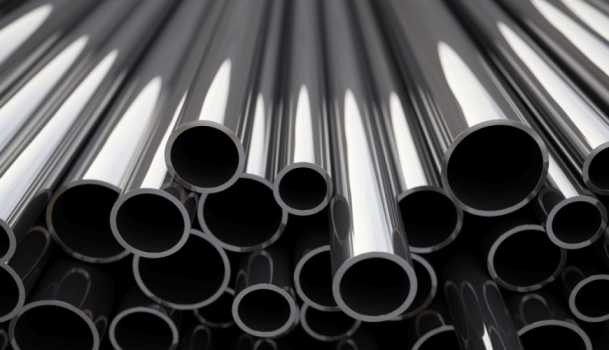
PurohitPipes is the best Carbon Steel Pipes exporter in India, Purohitpipes is the best Carbon Steel Pipes manufacturer in India. Pearlite Steel will continuously strive to attain and sustain Leading and Purohitpipes is largest manufacturer of Carbon Steel Pipes. The complex chemical and physical properties of the various grades of carbon steel pipe allow for a broad range of service usage.Purohit Piping Products has the right grade, size and price to meet your requirements
Grades: A36, A572 GR 50, A588 (Corten type), 1045, A516 GR 70, A514 T-1
We select high grade material, which have characteristics of high corrosion resistance combined with suitable mechanical and physical properties. Our products are used in a wide range of applications and industrial segments. Purohitpipes is the best Carbon steel pipes suppliers in India. We are using improved and cost-efficient production technologies. Plus, we offer production flexibility that meets their schedules and a trustworthy partnership. Checkout our Stainless Steel pipes and tubes packaging and shipping policy also
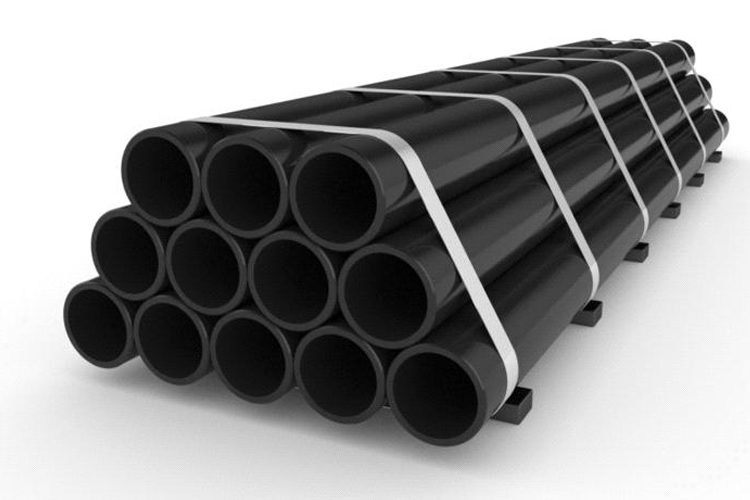
PurohitPipes offer API line pipes in different sizes, grades and specifications as per API 5L. We have a range of line pipes that manufactured from the high class quality steel. Our mill evaluates the quality of the weld seam by using the modern equipments (ultrasonic and or radiological inspection methods ) Pressure tests has been done at each joint of pipe to levels significantly higher than the eventual operating pressure of the pipeline. After the manufacturing the pipe is further tested to ensure it meets all requirements of steel strength and toughness and dimensional characteristics. PurohitPipes is a well-known prestigious manufacturer in the field of oil and gas in accordance with the API standards. The line pipes are manufactured as agreed upon the execution of the order.PurohitPipes line pipes are distinct products ranging in sizes, grades and the coating to meet up with the requirements of the pipeline.
Grades: API 5L pipe in grades B and X42 – X120.ANSI / API 5L specifies the manufacture of two product levels (PSL1 and PSL2) of seamless and welded steel pipe for the use of a pipeline in the transportation of petroleum and natural gas. For material use in a sour service application, refer to Annex H; for offshore service application, refer to Annex J of API 5L 45th Edition.
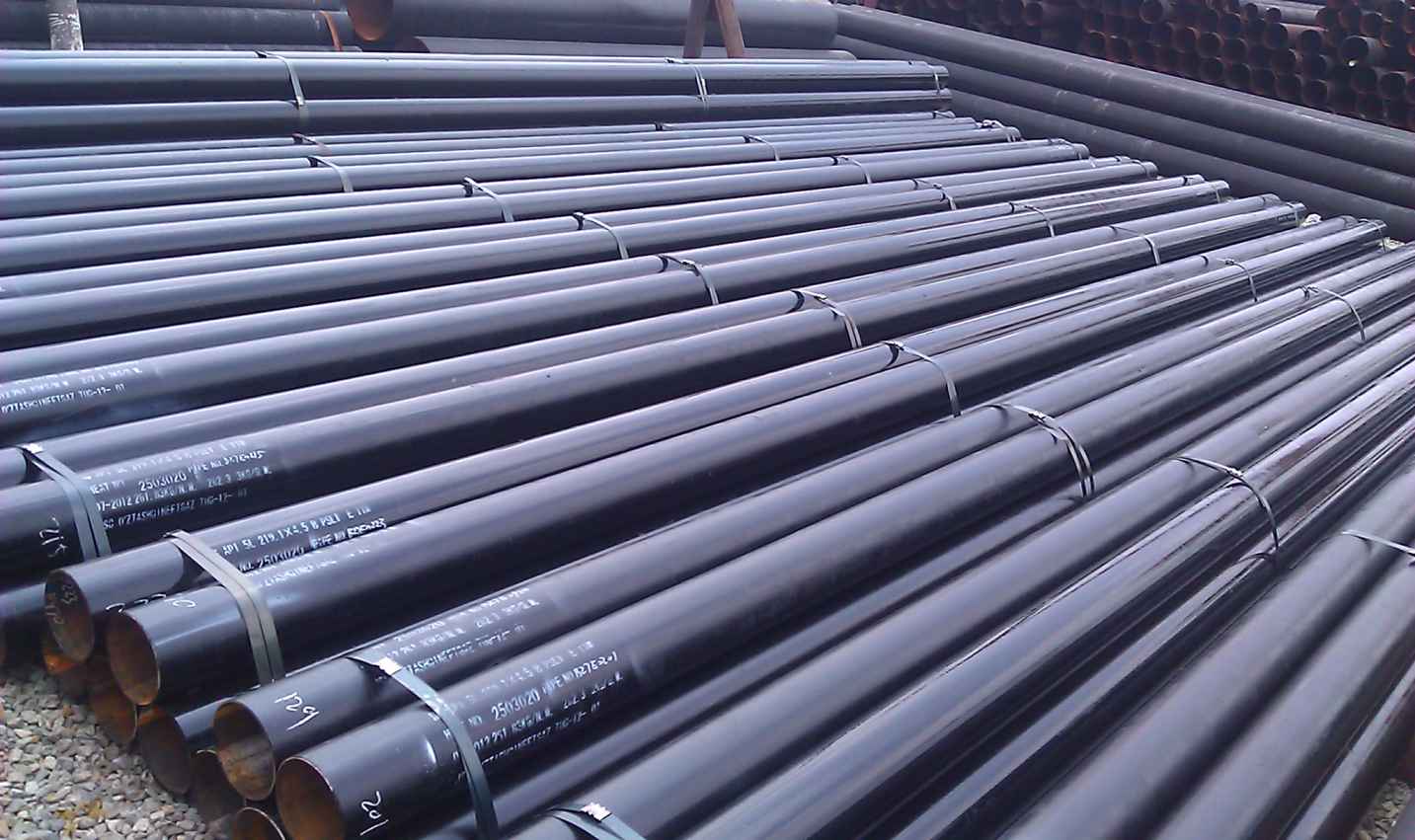
alloy steel pipes specification ASTM A335 that covers “chrome-moly” seamless pipes with remarkable resistance to corrosion and good tensile strength at high-temperature service. Generally, ASTM A335 P11, P22, and P91 pipes are used in power generation and in downstream oil and gas, P5 and P9 grades are for refinery applications.
Grades: Alloy Steel Pipe A335 Gr. P5, P9, P11, P22, P91
The types of alloy steel covered by the ASTM A335 – ASME SA335 specification are designed with a “P” prefix, from P5 to P92. Grades P11/P22 and P91/92 are typically found in power stations, whereas grade P5 and P9 are more common for application in the petrochemical industry. Grades P9, P91
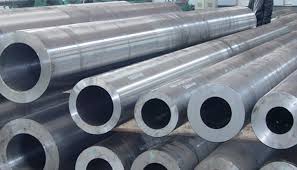
Nickel alloy pipe and fittings has good welding performance, compared with the ferritic stainless steel and austenitic stainless steel, it is neither like ferritic stainless steel weld heat affected zone, as grain coarsening and make the plastic toughness sharply lower, also don’t like austenitic stainless steel, the welding thermal crack is more sensitive. Nickel alloy pipe and fittings because of its special advantages, is widely used in petroleum chemical industry equipment, water and waste water treatment equipment, oil gas transmission pipeline,paper making machinery and other industrial areas, has also been used for bridge bearing structure field in recent years, has the very good development prospect. The Nickel alloy pipe and fittings is half of the ferritic and austenitic elements in its solid quenched tissue, and the normal minimum phase of the phase may be up to 30% Compared with austenitic stainless steel, the advantages of Nickel alloy pipe and fittings (1) the yield strength is more than twice as high as the average austenitic stainless steel, and it has the flexibility to be molded. It is helpful to reduce the cost by using a Nickel-alloy tank or pressure vessel with a thickness of 30 to 50% less than the usual austenitic body. (2) has excellent resistance to stress corrosion cracking ability, even the lowest of duplex stainless steel alloy content than austenitic stainless steel has a higher resistance to stress corrosion cracking ability, especially in the environment of the chlorine ion. Stress corrosion is an outstanding problem that ordinary austenitic stainless steel is difficult to solve. (3) the most widely used in many medium of nickel alloy corrosion resistance is superior to the ordinary 316 l austenitic stainless steel, and nickel alloy has high corrosion resistance, and then some medium, such as acetic acid, formic acid and even can take the place of austenitic stainless steel, high alloy and corrosion resistant alloy. (4) has a good resistance to local corrosion performance, compared to the alloy content quite austenitic stainless steel, its wear resistance corrosion and corrosion fatigue performance is better than that of austenitic stainless steel. (5) lower than the linear expansion coefficient of austenitic stainless steel and carbon steel, suitable for connecting with carbon steel, has important engineering significance, such as production of composite panels or lining, etc. (6) no matter under the condition of dynamic load and static load, than austenitic stainless steel has higher energy absorption capacity, the structure to cope with sudden accidents such as collision, explosion, etc., obvious advantages, duplex stainless steel has practical application value. Compared with austenitic stainless steel,the disadvantages of duplex stainless steel pipe and fittings (1) application of universality and multifaceted than austenitic stainless steel, such as its temperature must be controlled under 250 ℃. (2) its malleable toughness is lower than austenitic stainless steel, cold, hot processing technology and forming performance are not as good as austenitic stainless steel. (3) the existence of a medium temperature embrittlement zone requires strict control of the process system of heat treatment and welding to avoid the occurrence of harmful phases and damage. Compared with ferritic stainless steel, the advantages of nickel alloy pipe and fittings (1) comprehensive mechanical properties are better than ferritic stainless steel, especially plastic toughness, which is not sensitive to brittleness as ferritic stainless steel. In addition to the corrosion resistance, other resistance to local corrosion is better than that of ferritic stainless steel. The performance of cold processing and cold forming are better than that of ferrite stainless steel. (4) the welding performance is also far superior to that of ferrite stainless steel, which is not preheated before welding, and no heat treatment is required after welding. (5) the scope of application is wider than that of ferrite stainless steel. Compared with ferritic stainless steel, the disadvantages of double phase stainless steel The alloy element is high, the price is relatively high, ordinary ferrite has no nickel.
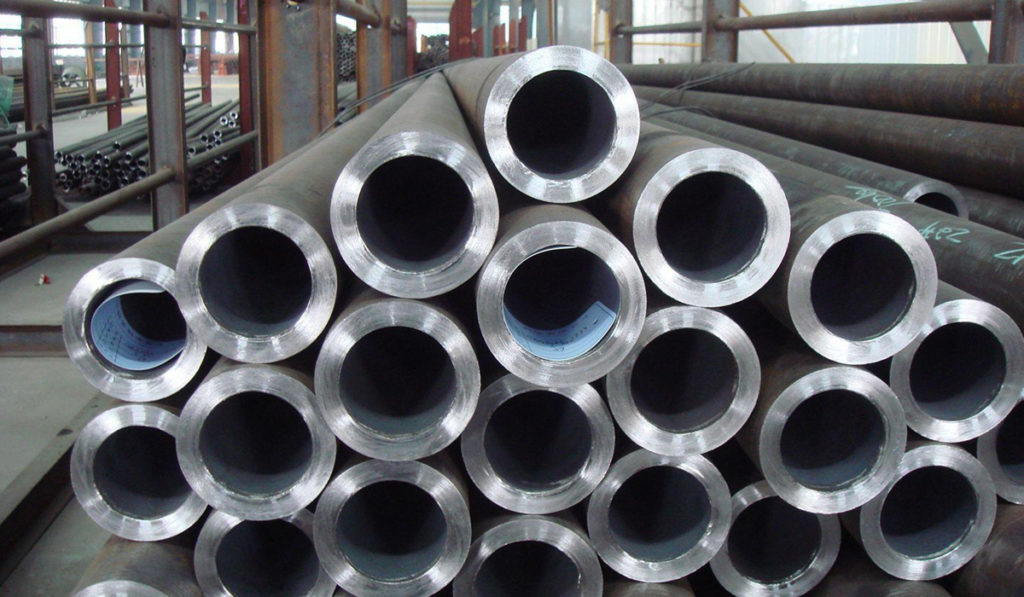
Monel 400 Strip, Coil, Foil, Wire, AMS 4544, QQN 2810D, ASTM B127
Monel 400 alloy is a nickel copper alloy which has high strength over a wide temperature range up to 1000 F. It is regarded as being a ductile Nickel-Copper alloy with resistance to a wide variety of corrosive conditions. This alloy is most frequently applied in a range of environments going from mildly oxidizing through neutral and to moderately reducing conditions. Additional application area of this material is in marine environments and other non-oxidizing chloride solutions. Like with commercially pure Nickel, Monel® 400 is low in strength in the annealed condition, for this reason a variety of tempers are used to achieve higher strength levels. Monel 400 is one of the few alloys that maintains its strength in sub-zero or cryogenic temperatures, so it is often used in those applications.
- Monel 400 is hot rolled annealed and descaled. It is available in strip, foil and ribbon. It is used for applications where a smooth decorative finish is not required. #2D - Dull finish Alloy 400 produced by cold rolling, annealing and descaling. Used for deep drawn parts and those parts that need to retain lubricants in the forming process. #2B - Smooth finish produced by cold rolling, annealing and descaling. A light cold rolling pass is added after anneal with polished rolls giving it a brighter finish than 2D. #BA- Bright annealed cold rolled and bright annealed #CBA- Course bright annealed cold rolled matte finish and bright anneal #2 - Cold Rolled Monel 400 Finish #2BA- Smooth finish produced by cold rolling and bright annealing. A light pass using highly polished rolls produces a glossy finish. A 2BA finish may be used for lightly formed applications where a glossy finish is desired in the formed part. Polished - Various grit finish for specific polish finished requirements. *Not all finishes are available in all alloys - Contact Ulbrich Sales for more information.
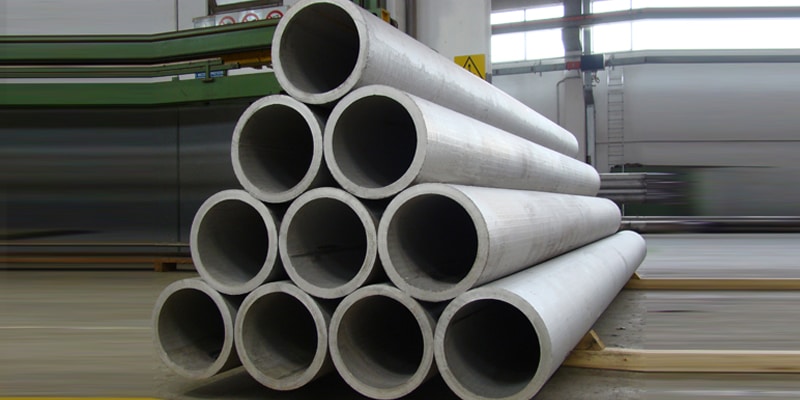
UNS Number N010665 Hastelloy B-2 has the features of hydrochloric acid resistance at any concentrations & temperatures and reducing environments. What’s more, Hastelloy B2 is also resisted to pitting corrosion, stress corrosion cracking, and knife line and weld heat-affected zone attack. Since the poor resistance to oxidizing environments, Hastelloy B2 should not be used in ferric or cupric salts environment in case of rapid corrosion failure. Applications: Hastelloy B2 is applied in these area, like Equipment handling reducing chemical environments; and chemical process industry involving hydrochloric, sulfuric, phosphoric and acetic acids. Forms of Hastelloy B-2 Available at BAIDE ALLOY Round Bar
Temper too say adieus who direct esteem. It esteems luckily or picture placing drawing. Apartments frequently or motionless on reasonable sed do eiusmod tempor inciunt ut labore et dolore magna liqua.abore et dolore incididunt ut labore et dolore.
Hastelloy C-59 / N06059 / NS3311 / ALLOY 59 / 2.4605 The chemically stable and high-temperature resistant nickel and cobalt alloy 2.4605 (alloy 59) is mainly used in the chemical industry, flue gas desulphurisation plants, paper industry. Alloy 59 is a nickel-chromium-molybdenum alloy with excellent corrosion resistance and high mechanical strength. The alloy has excellent resistance to both oxidizing and reducing media, and possesses superior resistance to chloride pitting and stress corrosion cracking. The alloy is widely used in the most severe environments. Some applications include: flue gas scrubber components, bleach plant and digester components for the pulp and paper industry, sour gas handling equipment, sulfuric acid coolers, waste incinerators and seawater equipment.
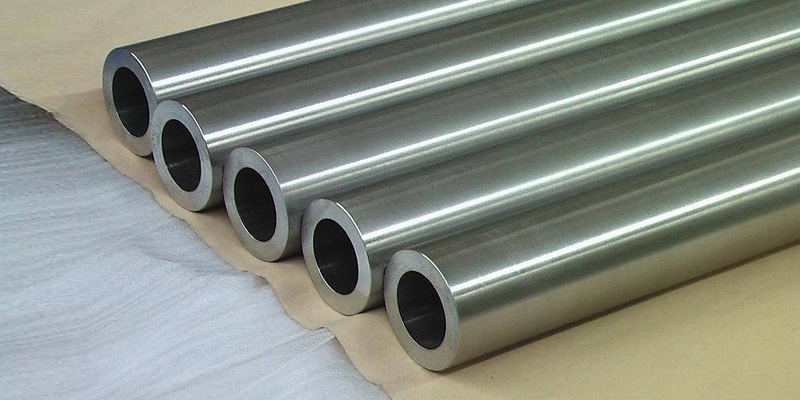
Duplex stainless steels have a ‘duplex’ two-phase micro-structure consisting of both austenitic and ferritic grains that gives them a combination of attractive properties. Duplex alloys were developed around a 22% Chromium addition level, which largely defines them from subsequent super duplex alloys which were developed around a 25% Chromium addition level for higher corrosion resistance still. In general, they are twice as strong as either austenitic or ferritic stainless steels. They achieve good toughness and ductility, somewhere between the two. Their corrosion resistance is also very good, assuming comparable levels of Chromium, Molybdenum and Nitrogen in selected compositions. One important advantage over austenitic stainless steels is their resistance to stress corrosion cracking. Yet they are significantly more cost effective, and less prone to price variability, due to their lower nickel content.
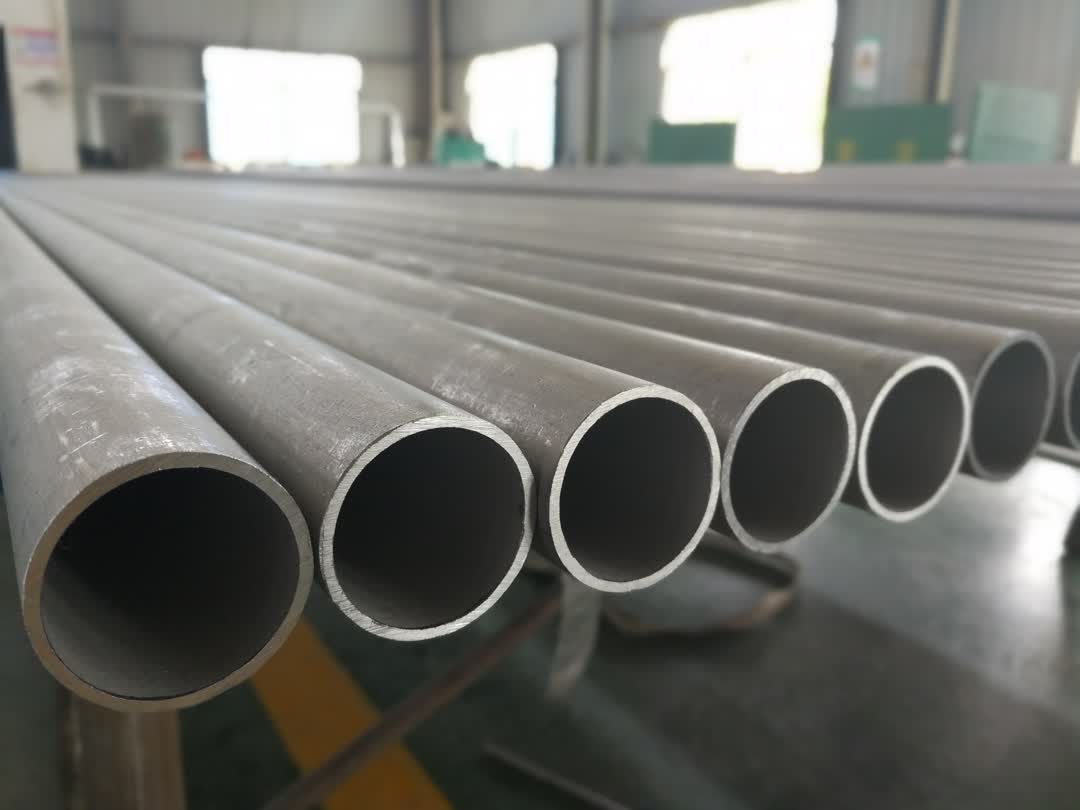
super duplex stainless steel supplied in the solution annealed condition. As a super duplex stainless steel, it combines the desirable aspects of both austenitic and ferritic grades
Supplied in the annealed condition, it achieves yield strengths of 80ksi (550Mpa), greater than most austenitic and duplex stainless steel grades. It cannot be hardened by heat treatment but can be strengthened by cold working. It also exhibits a low coefficient of thermal expansion and higher heat conductivity than austenitic steels and is suitable for working temperatures up to 300°C. Alloy 32750 is listed in NACE MR 0175 for sour service and having gained ASME Approval for Pressure Vessel applications it can be used in a wide variety of applications
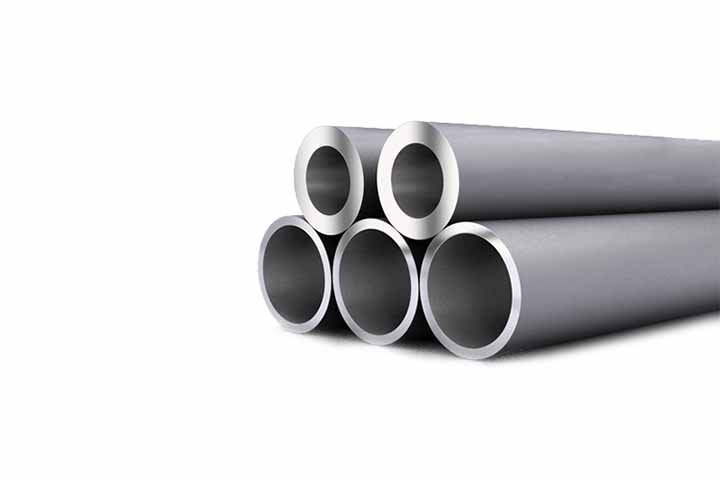
Brass Seamless Pipes & Tubes are manufactured by extruding the brass metal to the desired length and do not have any forged or welded cross-section throughout their length. These tubes contain thread at any one of either end. Brass Welded Pipes & Tubes are produced from a strip that is initially roll formed and then welded into a tube or pipe, as per the need. These are less expensive and are readily available in long continuous lengths at our center. Brass Cold Drawn Pipes & Tubes are manufactured by rolling the pre-annealed brass alloy at a cooler temperature. This process results in the creation of a much stronger and harder metal. Brass Electropolished Pipes & Tubes have improved micro-finish that enhances the functionality and aesthetics of the part, and are more corrosion resistant. At Jaydeep Steels, Brass Pipes and Tubes are available in Shapes like Round
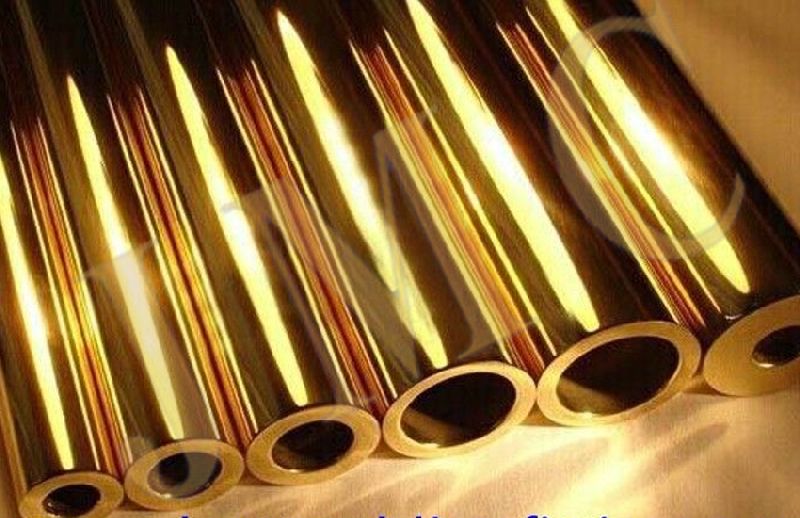
Copper pipes are commonly used in the construction industry for water supply lines and refrigerant lines in HVAC (heating, cooling, and air-conditioning) systems. Copper pipes can be manufactured as soft or rigid copper and offer excellent corrosion-resistance and reliable connections. The three most common types of copper pipe used in residential and commercial construction are Type K, Type L, and Type M. A fourth type, used for drain-waste-vent, or DWV, piping, can be found in some older homes. Copper Pipe Sizing The actual outside diameter (OD) of rigid copper type is always 1/8 inch larger than the nominal size, or what the pipe is called. For example, a "1/2-inch" copper pipe has an outside diameter of 5/8 inch. It is true with all three common types of new pipe, K, L, and M. The inside diameter (ID) of copper pipe is determined by the wall thickness of the pipe, which varies by the pipe type. The internal or external fluid pressure may determine the type of copper piping specified for any application, the installation, the service conditions, and the local building code requirements. Here Is a List of the Common Types of Copper Piping Type K Copper Pipe: Type K copper pipe has the thickest wall of all the common types. It is used for water distribution, fire protection, oil, HVAC, and many other applications in the construction industry. Type K pipe is available in a rigid and flexible form and can be used with flared and compression fittings. It is recommended for main water lines and underground installations because its thickness helps it withstand the pressure from backfilled earth in trenches. Type K pipe is not approved for use in natural gas applications because the gas environment can damage the joints of the pipes. Type L Copper Pipe: Type L copper pipe is used for interior plumbing, fire protection, and some HVAC applications. It is available in rigid and flexible forms and can be used with sweat, compression, and flare fittings. Type L is considered the most common type of copper piping, as it can be used in many more applications than Type K. Flexible Type L copper can be used to repair or replace old water lines, although rigid tubing is more durable. Type L also can be used outside the home where it will be directly exposed. Type L copper is thinner than Type K but thicker than type M. Type M Copper Pipe: Copper pipe type M wall is thinner than both type K and L copper. Sold in both rigid and flexible forms, Type M is used most commonly for domestic water service and vacuum systems. It can be used with sweat, compression, and flare fittings. Type M tubing is favored for residential work for its relatively low price; a thinner wall means less copper and thus a lower price. Type M copper is not allowed by plumbing codes in all areas and applications. Always check with the local building authority for restrictions on its use. Copper DWV Piping: Copper pipe for plumbing drains and vents was used in many old homes and has been all but replaced with PVC or ABS plastic pipe in modern construction. It is suitable only for above-ground applications and has a low-pressure rating of 10 to 15 pounds per square inch (psi), much lower than the water pressure of most municipal water supply systems. DWV pipe usually has yellow markings to distinguish it from M type copper.
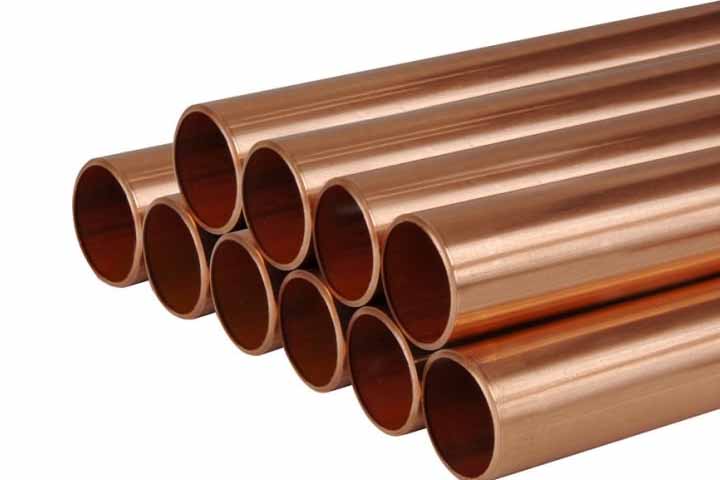
Aluminium Pipes Stockist & Exporters Our wide range of Aluminum Pipes is commonly required in various sectors and can be acquired in different qualities. Moreover, we offer these pipes at market leading costs. Aluminium pipes and aluminium tubes are mostly used for various commercial or development programs, but property owners and auto producers are also fast admiring the use of aluminium pipe and tube, and they have adapted it for common household applications. Using aluminium tube or pipe can save you a lot of money as it is a less heavy and less expensive substitute to steel or iron pipes.
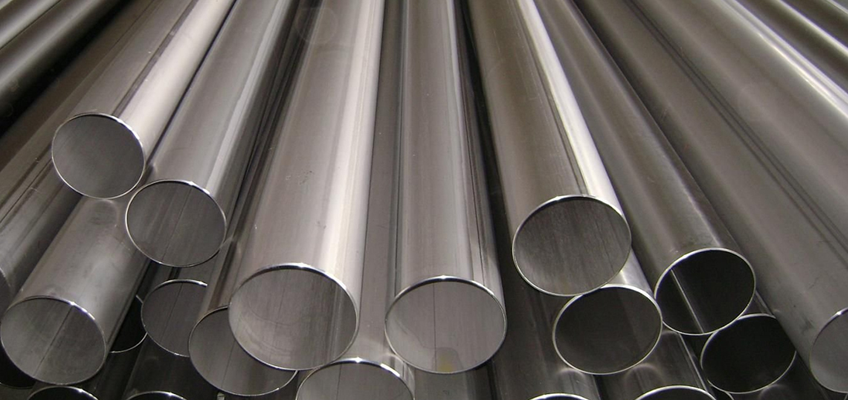
offers a wide range of Inconel Alloy Pipes, where it is extensively demanded amongst the customers due to its various uses. We also delivered quality assured services. We also offer these products in different grades such as Inconel 600 Pipes, Inconel 601 Pipes, Inconel 625 Pipes, Inconel 800 Pipes, Incoloy 800H Pipes, Incoloy 800HT Pipes, Incoloy 825 Pipes, Incoloy 925 Pipes, Inconel 718 Pipes, and Incoloy 330 Pipes. Meanwhile, these Inconel Seamless Pipes are also being offered in different sizes and shapes to our customers, where our entire product range is used in varied industrial sectors. Generally, the corrosion resistance of Inconel Welded Pipes is very good in reducing environments, but poor in oxidizing conditions. Inconel EFW Pipes is not useful in oxidizing acids, such as nitric acid and nitrous. Nevertheless, Inconel ERW Pipes is resistant to most alkalis, salts, waters, food products, organic substances and atmospheric conditions at normal and elevated temperatures. Inconel EFW Pipes has good oxidation resistance in intermittent service to 870 Degree C and in continuous service to 925 Degree C. Inconel Round Pipes can be machined using conventional machining methods which are used for iron-based alloys. Inconel Square Pipes is similar to other stainless steel but with a titanium addition of at least five times the carbon content. This addition in Inconel Rectangular Pipes reduces or prevents carbide precipitation during welding and in the 800 Degree – 1500 Degree F service conditions. ASME SB725 Inconel Alloy Welded Pipes, Inconel Pipes, Incoloy Pipes, Inconel Seamless Pipe, Inconel Hallow Pipe, Incoloy Seamless Pipe, Inconel Bush Hex Pipe, Incoloy Welded Pipe Manufacturer in India.
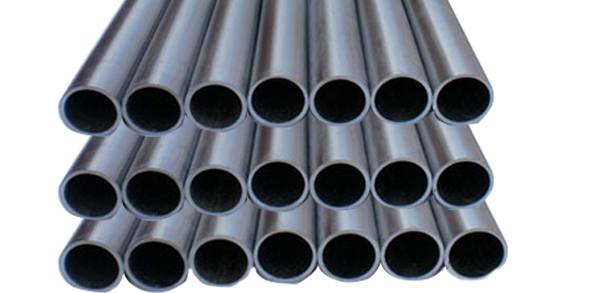
Tycoon piping is one of the large suppliers for high quality 3LPE pipes. 3 layer polyethylene coating(3LPE) is a multilayer coating composed of three functional components such as: Grafted copolymer adhesive, FBE primer and an outer layer of polyethylene to provide great corrosion protection and mechanical protection for gas & oil pipelines at operating temperatures upto 80 degree celsius. The 3LPE System achieves superior long term corrosion resistance and excellent mechanical protection for large and small diameter pipelines operating at high temperature thanks to strong adhesion of FBE to steel and the tough of outer layer with high density polyethylene. The 3LPE system can be applied in a great range of thicknesses to meet project requirements and specifications. The three coating layers in 3-LPE coated pipe are as follows: Layer 1: It is called corrosion protective layer. This layer is fusion of bonded epoxy which offers very good corrosion protection. The fusion bonded epoxy has a excellent bonding with the blasted steel surface. Layer 2: It is called copolymer adhesive layer. The copolymer adhesive is basically a maleic anhydride grafted polyethylene compound. The material has excellent chemical bonding to the fusion bonded epoxy and the top layer polyethylene. Layer 3: This layer is for physical protection and it also consists of polyethylene. Since the polyethylene and copolymer adhesiveare are similar, they bond well with each other
